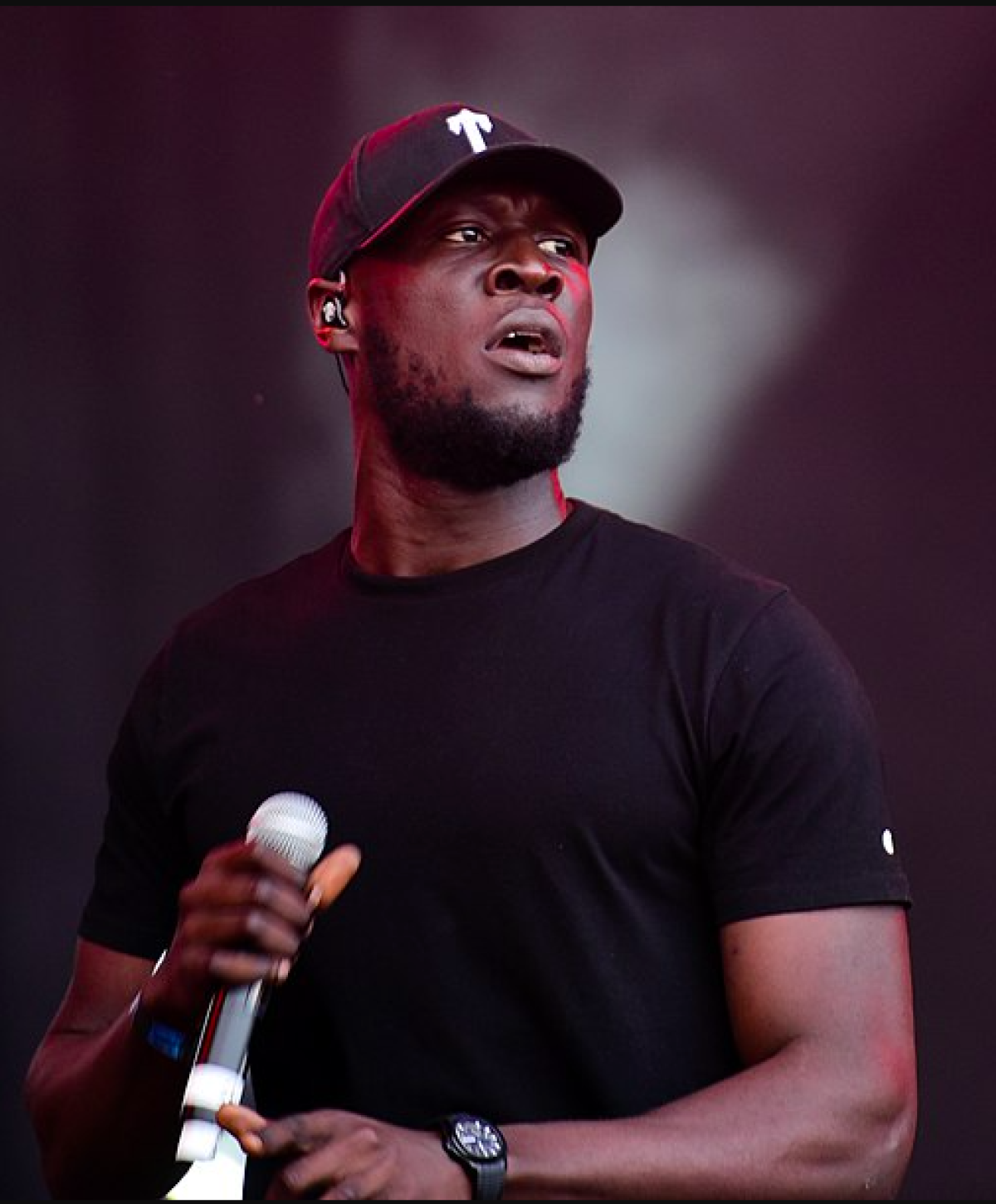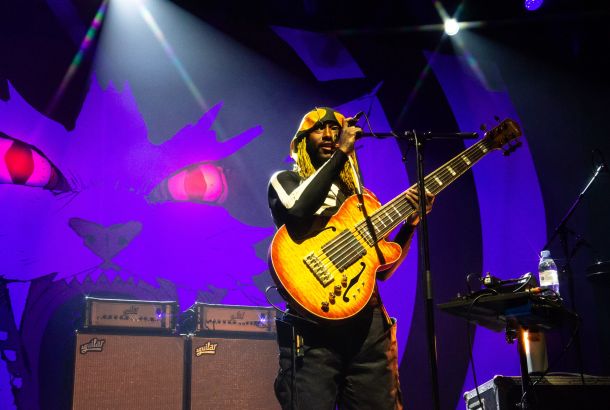No more toxic masculinity: The progression of mental health narratives in British rap
By Emma Breslin

Rap culture, whether it be in America or Britain, has predominantly been viewed as a forum in which performances of hypermasculinity have been advocated. This association with hypermasculinity has resulted in the growth of toxic masculinity, in which men feel unable to speak about mental health, instead resorting to narratives of violence, drugs, and sex to fit into the category of what constitutes a ‘man.’
The last decade has seen the promotion of mental health and self-care narratives throughout British rap music, defying cultural notions that men should withhold from talking about or exposing their own personal difficulties. A space has been created in British rap culture that has facilitated healthier conversations about male vulnerability. Mental health narratives are becoming increasingly accepted through rap culture, instigating the promotion of therapy and deviating from past suggestions of self-medication, such as drugs and alcohol abuse.
There are a variety of quintessential, prolific rap artists that have been instrumental in this evolution of the representation of masculinity in music. Whilst mental-health narratives have always existed throughout rap culture, they are becoming increasingly less discreet and more pronounced. Men are sharing their stories of mental health unapologetically and confidently.
For me it has been Stormzy’s new album release: This is What I Mean, which embodies this endorsement of a healthier, more accepting stance towards men’s mental health. Stormzy’s performance during the Brit awards highlights that such narratives now have a safe space in which they can be explored, performed, and talked about.
In an interview with British Vogue, Stormzy has spoken about the meaning behind his new album and the events which led him to create it. The interview has highlighted Stormzy’s explicit determination to redefine what masculinity is and how it is perceived.
He said, “back when I was younger, my idea of masculinity was always rooted in violence: whoever could fight; whoever was more willing to go the extra mile to protect their name. But what we learnt about being men, about having all the girls and all the money and the violence, didn’t turn out to be real manhood for me – it was somewhat the opposite”.
“I found confidence and strength in my vulnerability. Saying ‘I’m sorry’ and ‘I love you’. Taking accountability. Strengthening my relationship with God. Spending time with my nephews. We had to unlearn and redefine what we were taught being a man was”.
Stormzy’s latest work is markedly different from his previous albums and song releases. His songs are now expressing his own individuality and encouraging further inclusivity, as fans can relate to the pain and difficulties that he opens up about. This transparency and openness are clearly having an effect on narratives of mental health throughout Britain, as other artists are seemingly becoming influenced by the growth of more emotional songs in rap culture.
Let’s have a closer look at some of the lyrics in Stormzy’s new album. The song, ‘I Got My Smile Back’ encapsulates the truth and honesty behind Stormzy’s music, revealing that he has struggled with depression, paranoia, suicidal thoughts, and self-doubt throughout his entire life:
“Yo / I think I got my smile back / The last time I linked depression was a while back / Me and loneliness kick it from time to time / She knows the deal, that I ain’t hers and she ain’t mine / Me and Joy got tighter, that was overdue / Paranoia doesn’t shout me, but I know the truth”.
Through metaphorical imagery Stormzy has brought to life the struggles of mental health problems, demonstrating how consuming and real they can become. He describes “joy” as being his new friend and celebrates his departure from his friend “depression”:
“I told Self-Doubt, you better watch your tone / Stop shoutin’ down my line, like you gon’ do s**** / You was my old friend, but now we on some new s*** / Me and suicidal thoughts, we haven’t spoke for years / You know all my deepest secrets, you know all my fears / I pray that I don’t ever see your face again / Now me and peace of mind became the best of friends”.
Stormzy illuminates his own power when confronted with mental health issues. His lyrics describe how he is now capable of standing up and rejecting any negative self-talk and anxiety.
Stormzy has not been the only artist to perpetuate such narratives. Artists like Dave have been at the forefront of mental health discussions for a few years now.
It is recognised that the difficulty of speaking about mental health and suffering has become increasingly challenging due to the rise of social media. However, the influence of the evolving representation of masculinity in British rap culture on men’s mental health cannot be denied or undermined. These narratives should continue to be advocated and will hopefully encourage young boys and men to feel more comfortable having those difficult conversations.







